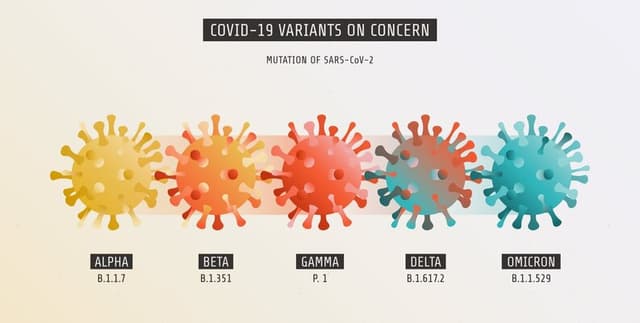COVID-19s Effect on the Workforce
Patient Health Records & Digital Health
Tags and Keywords
Trusted By




"No reviews yet"
Free
About
An examination of the effects of the COVID-19 pandemic on the work patterns of professionals across different industries. This data offers a detailed look into how professional life was altered, providing 10,000 distinct data points for in-depth analysis. It captures crucial changes experienced by individuals, such as shifts in work hours, the transition to remote work, fluctuations in productivity, and variations in stress levels. Studying these elements provides a well-rounded view of how the pandemic reshaped work environments and impacted the well-being of the workforce.
Columns
- Stress_Level: The reported stress level of the individual (Categorical: Low, Medium, High).
- Sector: The industry sector in which the individual works (e.g., IT, Healthcare).
- Increased_Work_Hours: A binary indicator of whether the individual experienced an increase in work hours.
- Work_From_Home: A binary indicator of whether the individual shifted to working from home.
- Hours_Worked_Per_Day: The number of hours the individual worked per day.
- Meetings_Per_Day: The number of meetings the individual attended per day.
- Productivity_Change: A binary indicator of whether the individual experienced a change in productivity.
- Health_Issue: A binary indicator of whether the individual experienced a new health issue.
- Job_Security: A binary indicator reflecting the individual's sense of job security.
- Childcare_Responsibilities: A binary indicator of whether the individual had childcare responsibilities.
- Commuting_Changes: A binary indicator of changes in the individual's commute.
- Technology_Adaptation: A binary indicator of how well the individual adapted to new technologies.
- Salary_Changes: A binary indicator of whether the individual's salary changed.
- Team_Collaboration_Challenges: A binary indicator of whether the individual faced challenges with team collaboration.
- Affected_by_Covid: A binary indicator showing if the individual was affected by COVID-19.
Distribution
The data is provided in a single CSV file named
covid_impact_on_work new.csv with a size of 807.28 kB. It is structured with 10,000 rows, each representing a unique individual, and contains 15 columns.Usage
This data is well-suited for a variety of analytical tasks. Key applications include predictive modelling to forecast how factors like remote work affect productivity or stress. It is also ideal for exploratory data analysis (EDA), binary classification tasks, and more advanced machine learning challenges involving feature engineering. Additionally, it supports behavioural analysis to uncover trends in how different sectors adapted to new working conditions.
Coverage
The data provides insights into the impact of the COVID-19 pandemic on professional work patterns. While specific geographic or demographic details are not explicitly outlined, the dataset covers various professional sectors, including IT and Healthcare, offering a broad view of the pandemic's effects on the workforce.
License
CC0: Public Domain
Who Can Use It
- Data Scientists and Analysts: Can build machine learning models and perform statistical analysis to explore the pandemic's impact on work life.
- Students and Academics: Useful for research in labour studies, public health, and data science to understand the real-world implications of a global health crisis.
- HR Departments: Can analyse the lasting effects of the pandemic on employees to inform future wellness programmes and support strategies.
- Policymakers: Can use insights to craft policies aimed at mitigating the negative impacts of future disruptions on various job types and sectors.
Dataset Name Suggestions
- Professional Work Patterns During COVID-19
- COVID-19's Effect on the Workforce
- Pandemic Professional Impact Survey
- Work-Life Shift: A COVID-19 Analysis
- The New Normal: Work Patterns Post-Pandemic
Attributes
Original Data Source: COVID-19s Effect on the Workforce
Loading...
